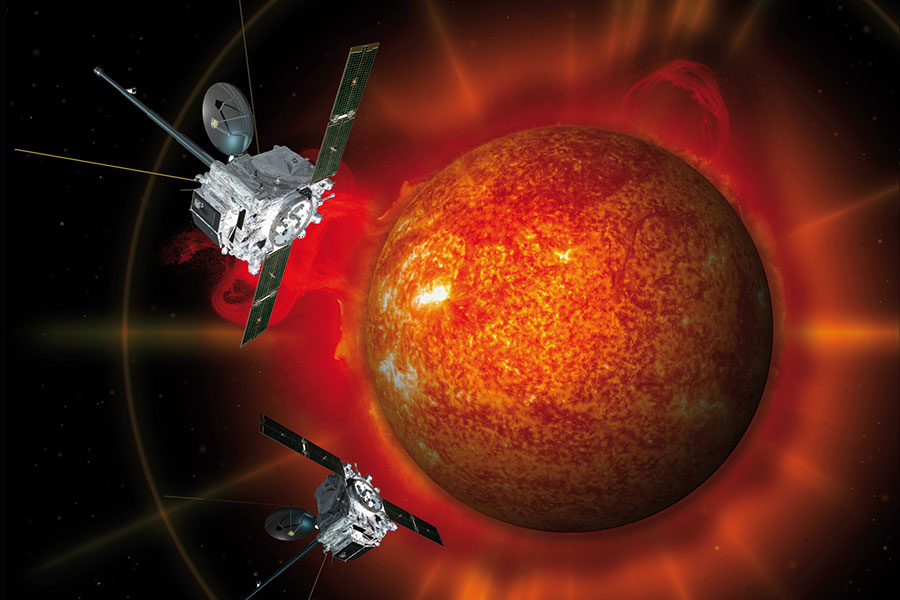Legal & Real Estate
Home, Garden & Decoration
Global Topics
Inside Ibiza
Health & Wellness
Ibiza Optimista
Related Articles

Regenerative Agriculture
READ MORE
READ MORE

Seeing The Sun
In 2006, NASA launched the STEREO space mission to obtain a complete and three-dimensional view of the Sun. After years of work, in 2011 they achieved their goal by providi... READ MORE
In 2006, NASA launched the STEREO space mission to obtain a complete and three-dimensional view of the Sun. After years of work, in 2011 they achieved their goal by providing the first stereoscopic view of our star. Now, in 2023, STEREO-A is approaching Earth, providing a unique opportunity to st... READ MORE

Laser Weed Removal
The Carbon Robotics company in the US, has created a new machine that uses artificial intelligence (AI) to allow farmers to quickly and accurately eliminate weeds from thei... READ MORE
The Carbon Robotics company in the US, has created a new machine that uses artificial intelligence (AI) to allow farmers to quickly and accurately eliminate weeds from their fields. The “LaserWeeder” blends robotics and laser technology with AI, to eliminate over 200,000 weeds per hour without us... READ MORE

Psychedelics Therapy Growing
Australia has passed a law that allows psychiatrists to prescribe certain psychedelic substances for patients with depression or post-traumatic stress disorder (PTSD). MDMA... READ MORE
Australia has passed a law that allows psychiatrists to prescribe certain psychedelic substances for patients with depression or post-traumatic stress disorder (PTSD). MDMA (also known as ecstasy) can be prescribed for PTSD, and psilocybin, the psychoactive ingredient in psychedelic mushrooms, is... READ MORE
© Copyright 2024
Ibicasa Home and Services.
